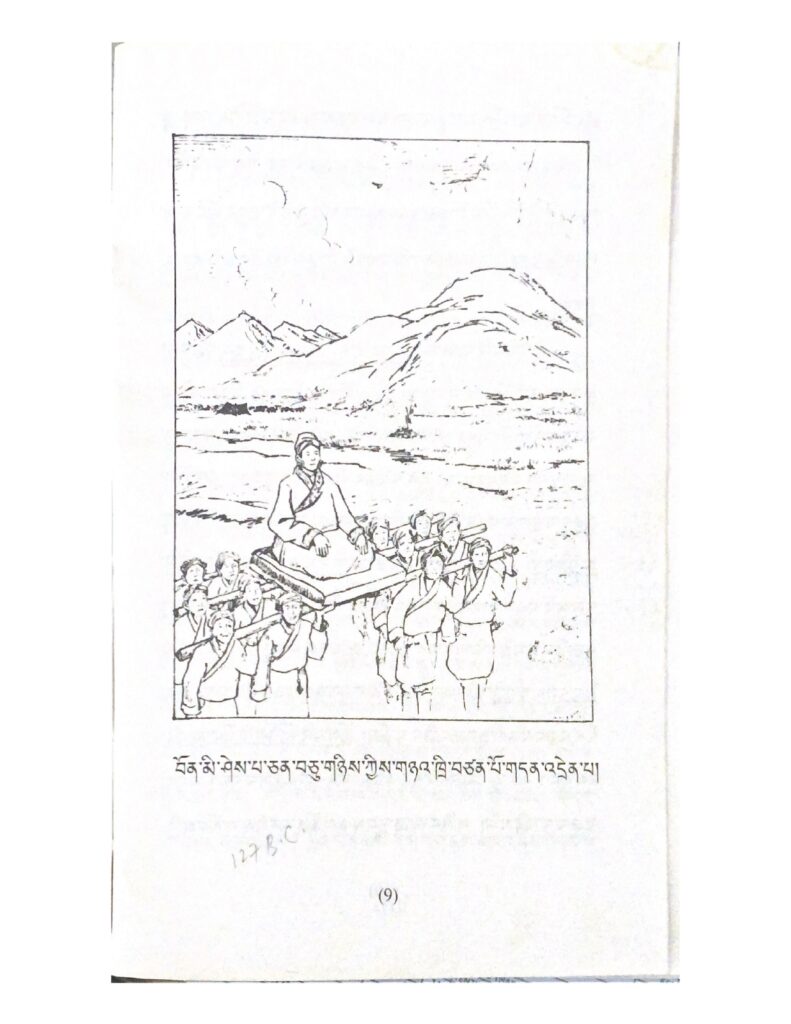La SFEMT a le plaisir d’annoncer la tenue, dans le cadre du Cycle Conférences SFEMT 2023/2024, de la conférence suivante :
Gnas Tshang (གནས་ཚང) for Travelling Theories: Thinking Through with the Question of Tibetan Indigeneity
par Tenzin Desal (Tibet Policy Institute)
le lundi 23 octobre à 18h00 à l’Inalco, salle 5.01, et via Zoom (https://shorturl.at/ryQZ2)
** Attention, le plan Vigipirate Urgence Attentat est activé désormais à l’Inalco. Si vous souhaitez assister à la conférence, merci de nous adresser un courriel. Nous vous enverrons un mail de confirmation qui vous permettra d’entrer.**
Résumé de la conférence :
Current discourse on entrenched difference within the People’s Republic of China (PRC) is defined in terms of evolving concepts of nationality and ethnicity. Tibetans are recognized as one of the 55 ethnic minorities and the dominant Han Chinese population is considered a majority, comprising of over 91 percent of the total population. This majority-minority framework has sedimented in thinking of
China as a multi-ethnic nation-state. Dominant political movement among exile Tibetans based out of India seeks greater autonomy within the framework of the constitution of the PRC and Law on Regional National Autonomy (LRNA). This policy is officially known as the Middle-Way Policy. Conceptual understanding of indigeneity within the exile Tibetans is informed largely by indigenous rights movement in India and affirmative action politics in their host country. Field data has let me to categorize Tibetan conceptions of indigeneity as selective osmosis as opposed to theoretically-informed engagement with indigeneity as a conceptual framework. This assumption has caused a reductive reading of indigeneity as a hierarchical category devoid of other political possibilities. On the other hand, although the PRC voted in support of the 2007 United Nations Declaration of the Rights of the Indigenous Peoples, it however does not recognize existence of indigenous peoples in PRC. These two divergent translations of the concept of indigeneity discount possibilities of politics to stake greater claims of indigenous sovereignty. Engagement with recent scholarship by indigenous scholars could unveil uninterrogated paths for decolonization.

Tenzin Desal completed his PhD in Anthropology from the University of Mysore. He works as a senior researcher at the Tibet Policy Institute in Dharamsala, India.
